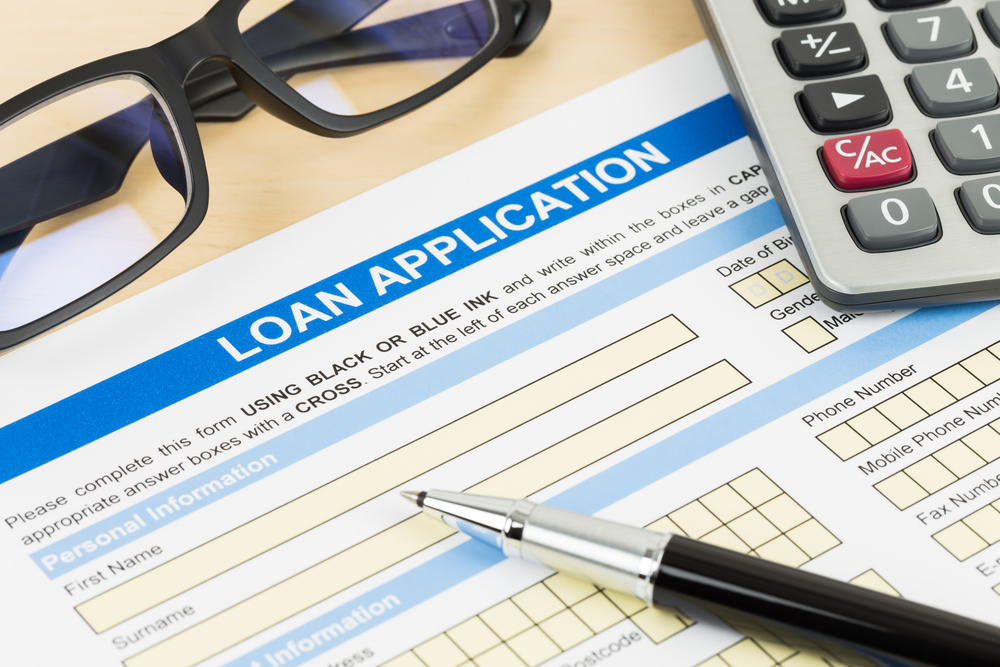Credit Cards & Loans
Five ways to get the best loan deals as credit card rates skyrocket

Credit card and personal loan rates are spiralling off the back of seven base rate hikes this year. Here are five tips when it comes to sourcing the best loan deal.
Rates on all major forms of consumer credit rose again in September, continuing their upward journey since the start of the year.
According to digital lending marketplace, Freedom Finance, a borrower opting for a £10,000 loan will see rates at a seven-year high, while £5,000 unsecured loan rates are at a five-year peak.
Meanwhile, its analysis of Bank of England figures also revealed credit cards are at rates not seen this millennium.
Average credit card rates jumped a further 0.08 percentage points in September to hit 21.88% – the highest average monthly rate since December 1998 (22.19%).
The average quoted rate for a £10,000 personal loan rose for a seventh successive month, increasing by a further 0.09 percentage points to 4.43% at the end of September. It is now at a seven year high and at a level not surpassed since December 2015 (4.45%).
And the average rate for a £5,000 personal loan ticked up to 8.39% in September and is at its highest level since March 2017 (9.54%).
Meanwhile, overdraft rates are at an all-time high, nudging up 0.01 percentage points to 35.3% in September.
Five-point loan checklist
Emma Steeley, CEO at Freedom Finance, said: “Consumers cannot control the upward trajectory of the cost of consumer credit, but they must ensure they are taking all the measures available to them to get the best and most appropriate products for their circumstances.”
Freedom Finance lists this five-point plan to help borrowers find and manage loans:
1) Before you apply for credit, check what rate you’re on for any existing debt as there may be cheaper deals available. Beware of any hidden fees or charges and be sure to understand what the total cost is. Taking the option with the lowest monthly payments isn’t always the cheapest option overall.
2) Always shop around for the cheapest deal by using soft searches that don’t harm your credit score. Digital marketplaces and online services can compare lenders without leaving a mark on your credit history.
3) Consider debt consolidation to help you keep track of repayments more easily while potentially moving existing debt to products with a cheaper rate.
4) Always prioritise paying off your most expensive debt first.
5) If you are really struggling financially you may be able to get extra help, if you are not sure, check your eligibility for benefits like Universal Credit, Jobseekers Allowance and Housing Benefit which may reduce your need for credit. Visit Entitledto to check.